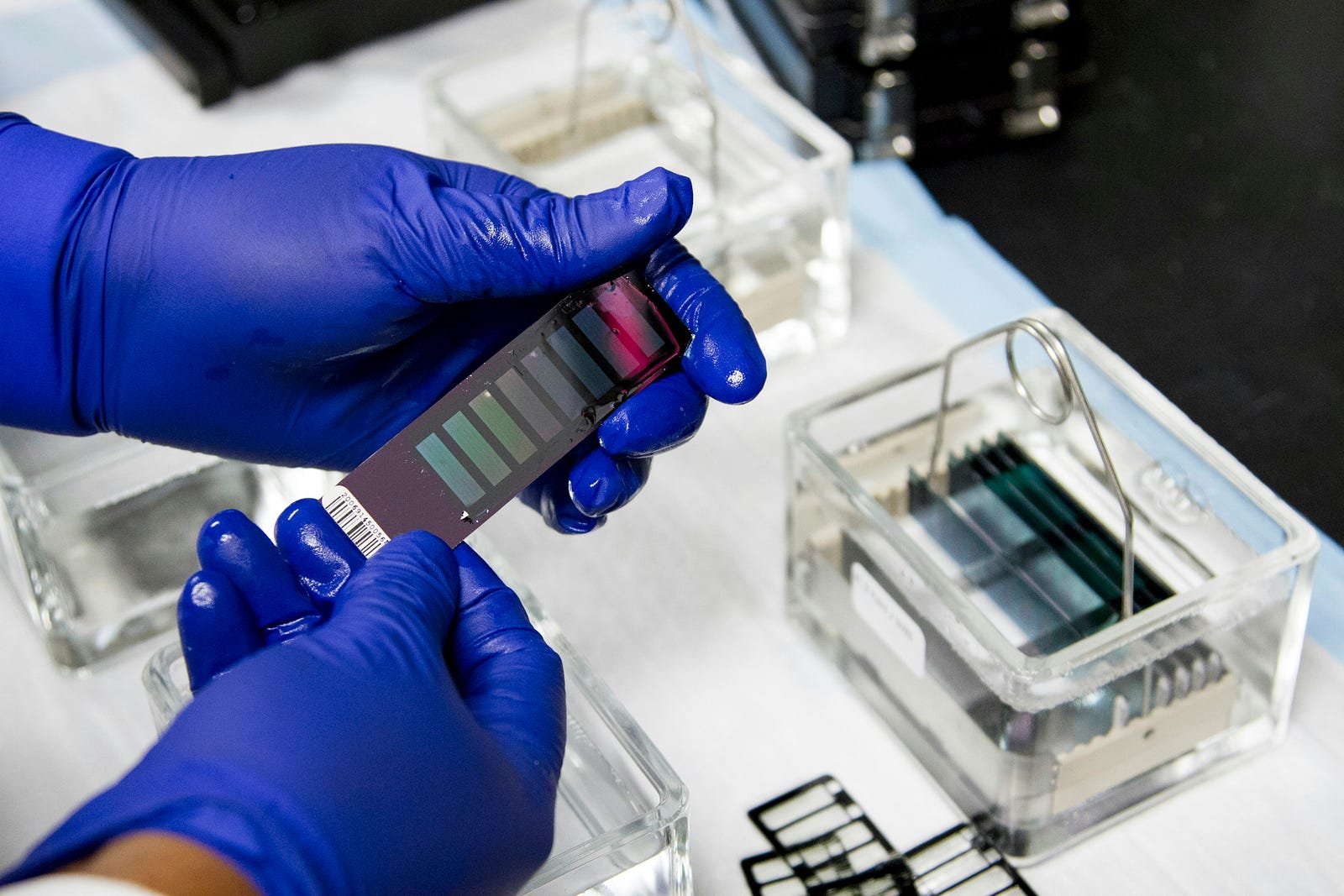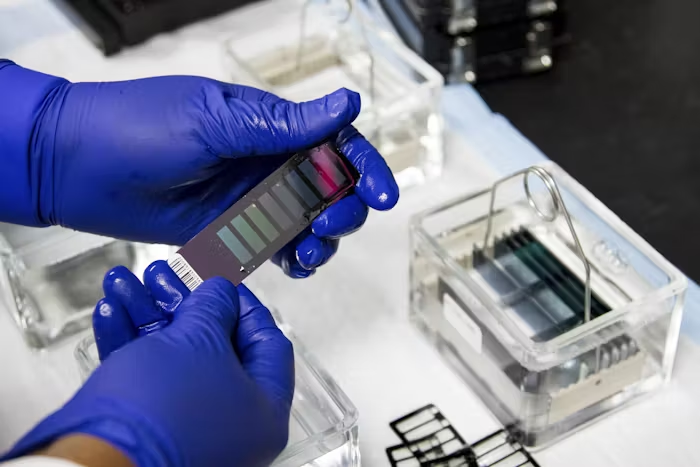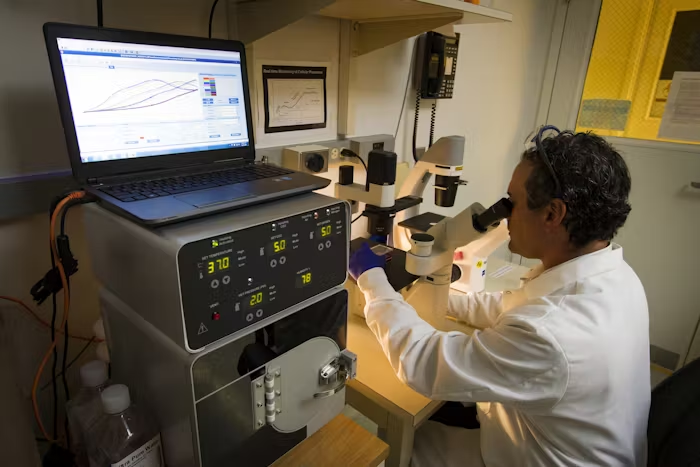Genetic engineering is at the forefront of modern science, holding the potential to revolutionize medicine, agriculture, and even our understanding of human potential. However, with great power comes great responsibility. The ability to alter the genetic code, nature’s blueprint for life, raises profound ethical questions. From curing diseases to designing future generations, genetic engineering is both a promise and a Pandora’s box. This article explores the ethics of genetic engineering, balancing innovation with morality, and delving into its societal, environmental, and philosophical implications.
What is Genetic Engineering?
Genetic engineering involves directly modifying an organism’s DNA to alter its characteristics. This is achieved through techniques like CRISPR-Cas9, which allows scientists to “cut” and “paste” genetic material with unprecedented precision. Applications of genetic engineering span across sectors:
- Medicine: Developing gene therapies to treat genetic disorders like cystic fibrosis and sickle cell anemia.
- Agriculture: Creating crops resistant to pests, drought, and diseases.
- Human Potential: Exploring the possibility of eliminating inherited conditions or enhancing traits such as intelligence or physical ability.
While these advancements promise societal benefits, they also open the door to ethical dilemmas that warrant careful consideration.

The Ethical Dimensions of Genetic Engineering
1. Playing God: A Philosophical Quandary
One of the most debated ethical issues is the concept of “playing God.” Critics argue that manipulating the genetic code interferes with nature’s course, challenging religious and philosophical beliefs about the sanctity of life. Supporters, however, contend that genetic engineering is a natural extension of humanity’s quest to improve living conditions, much like vaccines or antibiotics.
2. The Inequality Gap: Genetic Engineering and Social Justice
The high costs associated with genetic engineering could exacerbate social inequality. If only the wealthy can afford gene-editing services to enhance their children or prevent genetic diseases, it might create a societal divide between the “genetically privileged” and the “natural-born.” This raises questions about fairness and access to healthcare innovations.
3. Designer Babies: Ethical Implications of Genetic Enhancement
While curing genetic disorders is widely accepted, using genetic engineering to enhance traits such as intelligence, appearance, or athleticism sparks controversy. Critics warn against a future where children are customized like consumer products, reducing individuality and leading to societal pressures to conform to genetic ideals.
4. Unintended Consequences: The Butterfly Effect
Genetic engineering may have unintended consequences that are difficult to predict. Altering one gene could inadvertently affect others, leading to unforeseen health issues or environmental disruptions. For example, genetically modified organisms (GMOs) in agriculture could crossbreed with wild species, causing ecological imbalances.
Benefits of Genetic Engineering: The Ethical Case for Progress
Despite ethical concerns, genetic engineering offers transformative benefits that cannot be ignored:
1. Disease Eradication
Gene editing can eliminate hereditary diseases, improving quality of life for millions. Conditions like Huntington’s disease or Tay-Sachs, once deemed untreatable, could become relics of the past.
2. Food Security
Genetically modified crops can withstand extreme weather, pests, and diseases, helping to address global hunger and reduce reliance on chemical pesticides.
3. Environmental Sustainability
Genetic engineering can support eco-friendly practices. For instance, scientists are developing plants capable of absorbing more carbon dioxide, mitigating climate change.
4. Personal Autonomy
Advocates argue that genetic engineering empowers individuals to take control of their genetic destinies, enabling them to prevent suffering for future generations.
Regulation: Balancing Innovation and Ethics
Governments and scientific bodies worldwide grapple with regulating genetic engineering to ensure its ethical application. Key considerations include:
- Safety Standards: Establishing protocols to minimize risks associated with genetic modifications.
- Global Equity: Ensuring access to genetic engineering technologies across socioeconomic boundaries.
- Public Participation: Engaging society in discussions about the ethical and practical implications of genetic engineering.
- Transparency: Requiring researchers and companies to disclose intentions and potential consequences of their work.
The Public Perspective: Fears and Misconceptions
Public opinion on genetic engineering is polarized. Some view it as humanity’s key to solving global challenges, while others fear its misuse. Addressing public concerns requires:
- Education: Providing accessible information about genetic engineering to dispel myths and clarify its potential benefits and risks.
- Dialogue: Creating platforms for public debate to ensure diverse perspectives are represented in policy decisions.
- Accountability: Holding scientists and corporations responsible for ethical lapses.
Case Studies: Real-World Applications and Controversies
1. CRISPR Babies in China
In 2018, Chinese scientist He Jiankui announced the birth of the first genetically edited babies, designed to be resistant to HIV. This sparked global outrage due to ethical violations, including lack of informed consent and disregard for long-term risks.
2. Golden Rice
Golden rice, a genetically modified crop enriched with vitamin A, aims to combat malnutrition in developing countries. While hailed as a humanitarian breakthrough, it has faced resistance from anti-GMO activists concerned about corporate control and ecological impact.
3. Gene Drives in Mosquitoes
Scientists are using gene drives to modify mosquito populations, reducing their ability to spread diseases like malaria. While promising, this approach raises ecological concerns about disrupting food chains and unintended effects on ecosystems.
The Future of Genetic Engineering: Navigating Ethical Frontiers
As genetic engineering evolves, so too must our ethical frameworks. The future may bring:
- Human Enhancement: A world where genetic traits are optimized, sparking debates about what it means to be human.
- Synthetic Biology: Creating entirely new organisms, pushing the boundaries of life itself.
- Global Collaboration: Efforts to develop international guidelines that balance innovation with ethical responsibility.
Genetic engineering is a double-edged sword, offering solutions to some of humanity’s greatest challenges while posing profound ethical questions. Striking a balance between innovation and morality requires collective effort from scientists, policymakers, and society at large. By embracing the promise of genetic engineering while remaining vigilant about its risks, we can chart a path that respects both progress and principles.
As we stand at the crossroads of science and ethics, the choices we make today will shape the genetic destiny of tomorrow. The question is not whether we can harness the power of genetic engineering, but whether we should — and if so, how to do so responsibly.














